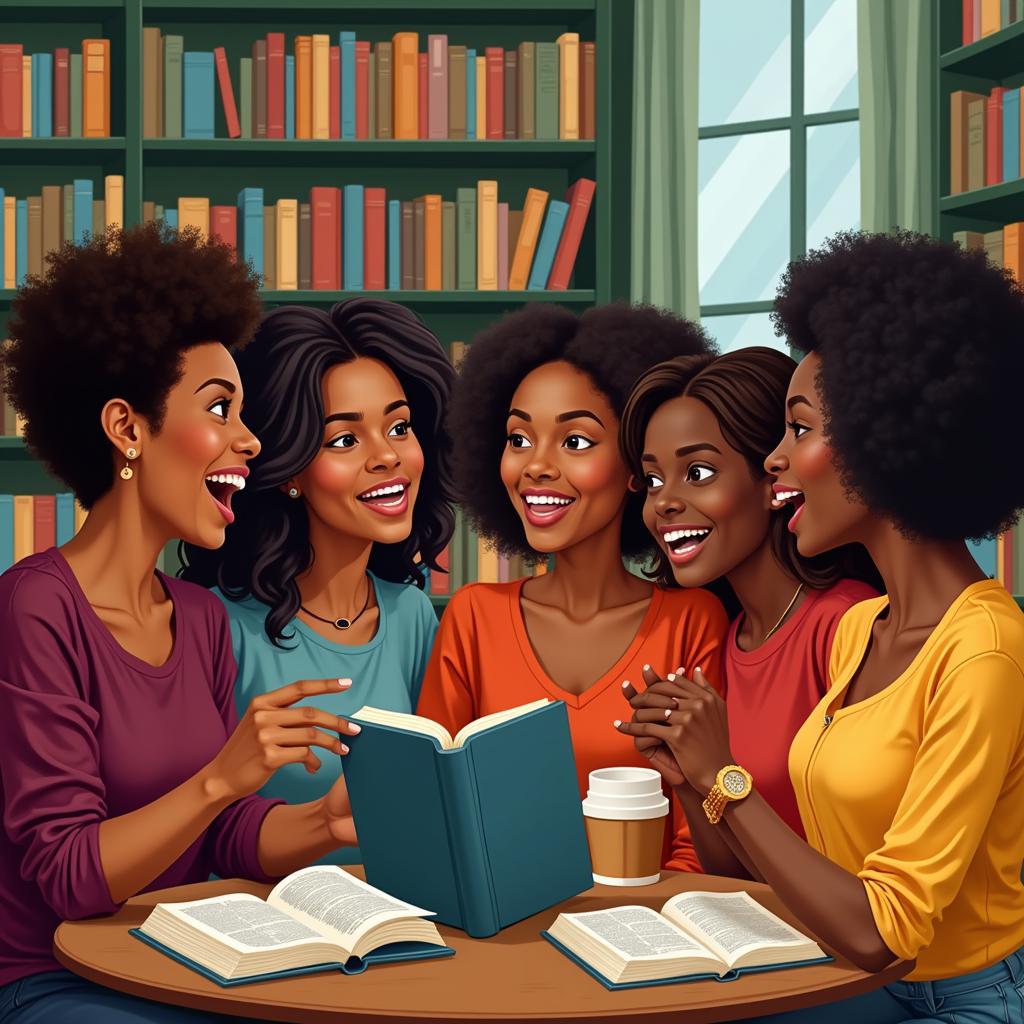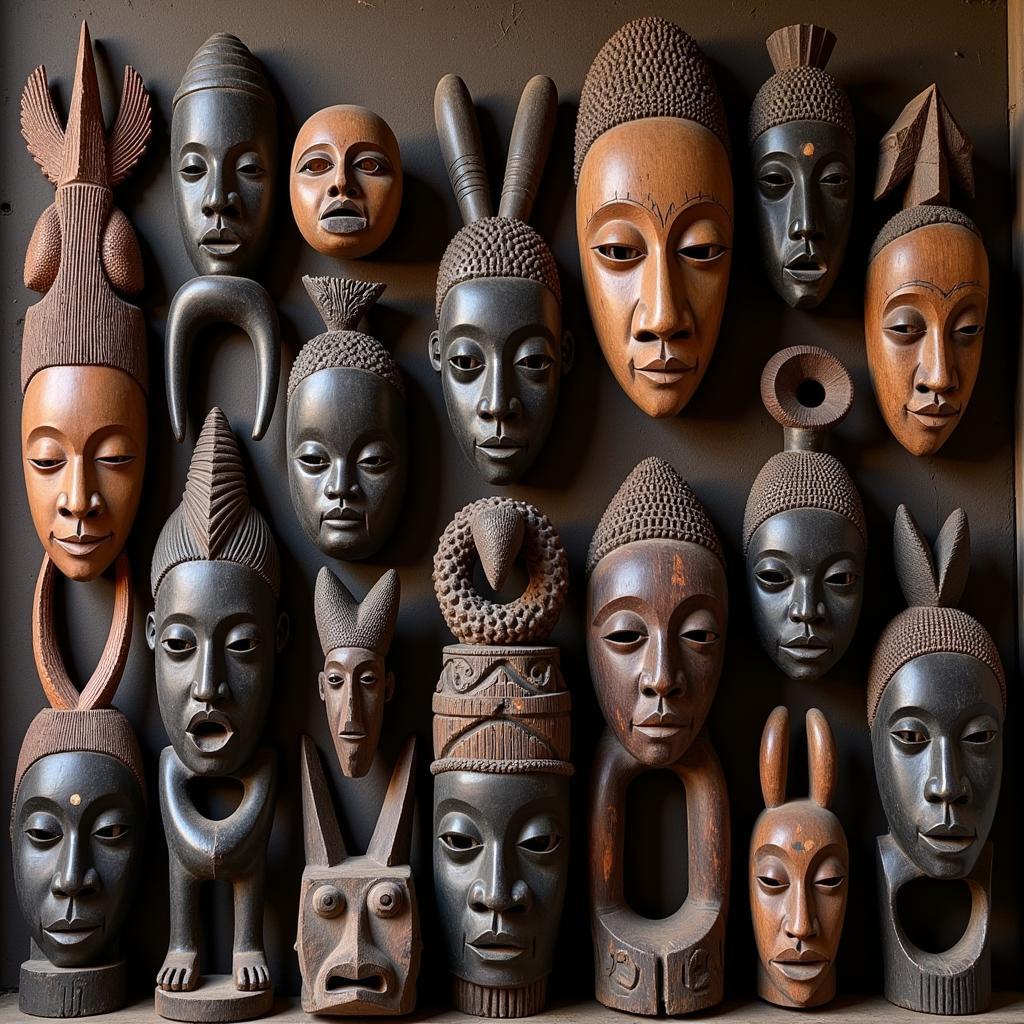Navigating the World of African American Literature: Articles and Insights
African American literature, a rich tapestry of narratives, poems, and plays, offers profound insights into the Black experience. Through the power of words, these works explore themes of identity, racism, resilience, and hope, providing a lens into the complexities of American history and culture. This article delves into the significance of African American literature, highlighting key authors, movements, and themes that have shaped this dynamic field.
Unveiling the Power of Storytelling: The Importance of African American Literature
From its roots in oral traditions to contemporary works pushing creative boundaries, African American literature reflects the diverse voices and experiences of Black Americans across time. It serves as a powerful tool for:
- Preserving History and Heritage: Through narratives passed down through generations, these works chronicle the struggles, triumphs, and everyday lives of Black communities.
- Challenging Injustice and Promoting Equality: African American literature has often served as a platform for social commentary, exposing racism, discrimination, and the fight for civil rights.
- Celebrating Resilience and Triumph: In the face of adversity, these stories often highlight the strength, perseverance, and unwavering spirit of Black individuals and communities.
- Inspiring Empathy and Understanding: By offering diverse perspectives and fostering dialogue, African American literature helps bridge cultural divides and promote empathy.
A Journey Through Time: Key Movements in African American Literature
To fully appreciate the depth and breadth of African American literature, it’s essential to understand the historical and cultural contexts that have shaped its evolution:
- The Harlem Renaissance (1920s-1930s): This vibrant artistic and intellectual movement witnessed a flourishing of Black literature, music, and art. Authors like Langston Hughes, Zora Neale Hurston, and W.E.B. Du Bois gave voice to the Black experience during this era.
- The Black Arts Movement (1960s-1970s): Emerging alongside the Civil Rights Movement, this period saw a surge in politically charged works that directly addressed racial injustice and advocated for Black liberation. Key figures include Amiri Baraka, Gwendolyn Brooks, and Sonia Sanchez.
- Contemporary African American Literature (1980s-Present): This era encompasses a wide array of styles and themes, reflecting the evolving complexities of Black identity in modern society. Authors like Toni Morrison, Alice Walker, and Colson Whitehead have left an indelible mark on contemporary literature.
Exploring Themes and Ideas: Recurring Motifs in African American Literature
Certain themes and ideas resonate throughout the history of African American literature, reflecting the shared experiences and concerns of Black communities:
- Identity and Belonging: The search for identity, often in the face of racism and cultural assimilation, is a central theme explored through various lenses.
- Racism and Discrimination: From subtle forms of prejudice to overt acts of violence, African American literature confronts the harsh realities of racism and its impact on individuals and communities.
- Resilience and Resistance: Despite the challenges they face, Black characters often demonstrate remarkable strength, resilience, and the will to overcome adversity.
- Family and Community: The importance of family, kinship ties, and community support in navigating challenges and celebrating shared heritage is a recurring motif.
 Group of people engaged in a lively discussion about African American literature
Group of people engaged in a lively discussion about African American literature
Beyond the Page: The Enduring Legacy of African American Literature
The impact of African American literature extends far beyond the printed page. It has inspired generations of readers, sparked social change, and continues to shape our understanding of race, identity, and the human experience. By engaging with these powerful works, we gain a deeper appreciation for the complexities of history, the importance of empathy, and the transformative power of storytelling.
Frequently Asked Questions
1. What are some must-read books by African American authors?
This is a subjective question, but some classics include “Their Eyes Were Watching God” by Zora Neale Hurston, “Invisible Man” by Ralph Ellison, and “Beloved” by Toni Morrison.
2. How has African American literature evolved over time?
From its origins in oral traditions to contemporary experimental works, African American literature has constantly evolved, reflecting the changing social, political, and cultural landscapes.
3. Why is it important to read diverse voices in literature?
Reading diverse voices broadens our perspectives, challenges our assumptions, and fosters empathy and understanding across cultures. Need More Information?
For further insights and resources, feel free to reach out. Contact us at +255768904061 or kaka.mag@gmail.com. You can also visit us at Mbarali DC Mawindi, Kangaga, Tanzania. Our dedicated team is available 24/7 to assist you.


